On Dec. 5, 1955, Loyd Howard took the day off.
On most days, Loyd would be at his family’s barbershop, where men from Montgomery, Ala.’s Black community would gather to argue about high school football, the new “wet-behind-the-ears” pastor in town, or the Supreme Court’s recent Brown v. Board of Education decision. But since it was Monday, his family’s downtown barbershop was closed.
His family’s taxicab company next door was closed, too. Loyd was only 14 years old, so he couldn’t cover the shift for driver Raymond Parks. Ray left work early last week for a “family emergency,” which seemed a little strange. Ray’s wife worked right across the street from the Howard family businesses, and the couple didn’t have children. She seemed fine when she left work and headed for the bus stop on Thursday. But, since he had the day off, Loyd headed over to Holt Street Baptist Church for the “mass meeting” everyone in the barbershop had been talking about.
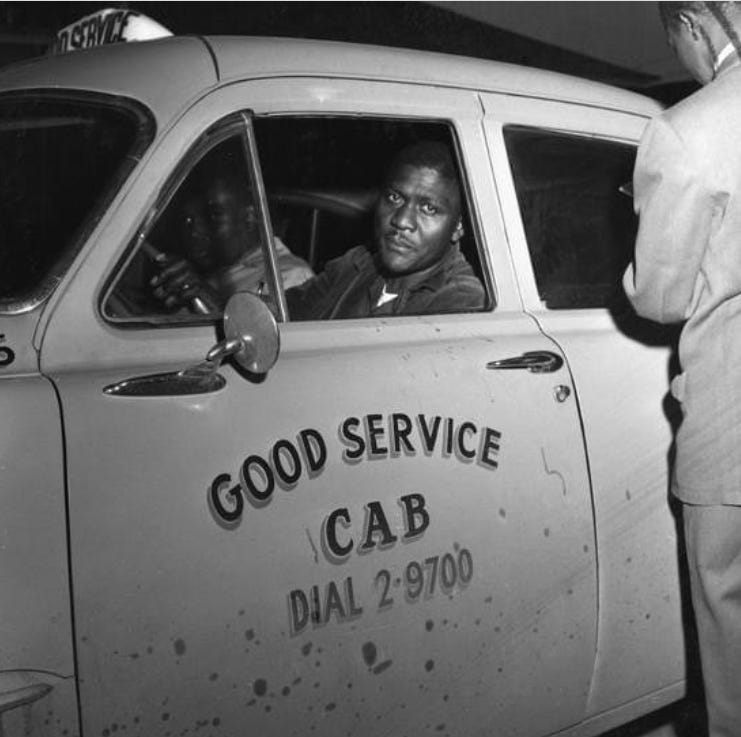
It seemed like every Black person in Montgomery was there. E.D. Nixon, the loud-talking NAACP leader who was always at the barbershop, was there. Jo Ann Gibson, the activist professor from historically Black Alabama State College, was there introducing people to her new wet-behind-the-ears pastor named Martin Luther King Jr. Mr. Ray, the driver who had taken off work, was even there with his wife. For the past few weeks, Loyd’s dad had been meeting with Nixon, Robinson, Ray and his wife about something, but Loyd figured it was probably some NAACP business.
Loyd was wrong.
He didn’t know that the wet-behind-the-ears preacher was Martin Luther King Jr. He didn’t know Mr. Ray’s wife would be celebrated forever as the heroic Rosa Parks. He didn’t realize they were whispering about the event that would be called the Montgomery Bus Boycott. And when 14-year-old Loyd Howard attended the first meeting of the Montgomery Improvement Association, Loyd had no clue that one day, he would be elected as president of the organization.
Imagine sitting in a barbershop watching America turn into a democracy.
P-Nuts Barbershop in Marion, S.C., may be the oldest Black-owned barbershop in America, while Warren’s in Baltimore might be the oldest family-owned. But Howard’s Hairstylers in Montgomery, Ala., has a special place in Black history.
Founded in 1937 as Good Service Barbershop (which sat right next door to Good Service Taxi and Howard and Howard Funeral Home), four generations of the Howard family have dedicated themselves to growing the family business and helping their community. Aside from its involvement in one of the most significant economic protests in history, Howard’s has become an innovator in the hair industry.
I sat down with Loyd Howard to discuss the role this community institution played in the Montgomery Bus Boycott, the Selma to Montgomery March, the Lowndes County Freedom Movement and more. His recollections included names like Rosa Parks, Claudette Colvin, Stokely Carmichael, and the Black lawyer and friend who might be more important to Black history than Thurgood Marshall.
And yes, we talked about hair.


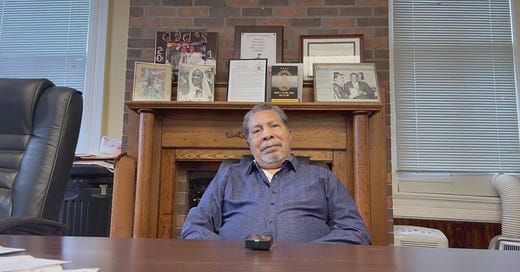





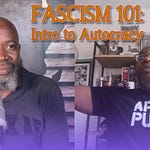
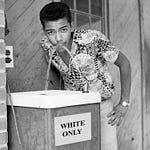
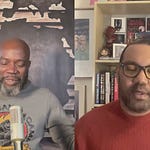
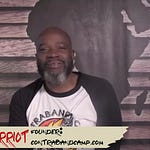
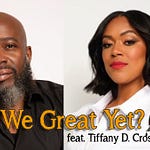
Share this post